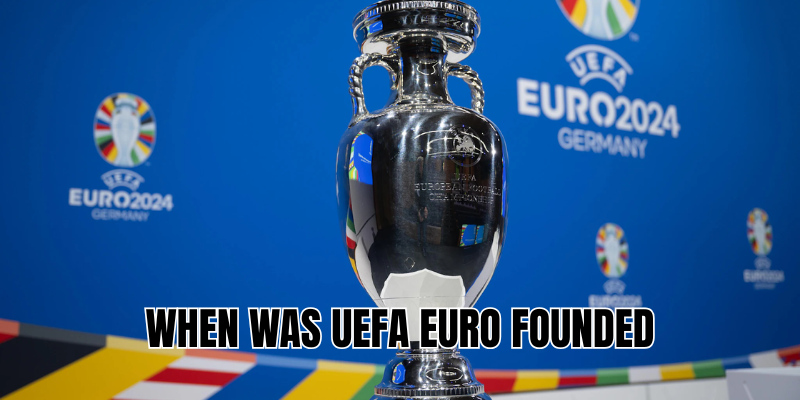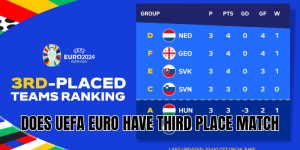Football fans often ask: when was UEFA Euro founded? The tournament that today unites an entire continent under one passion began its official journey in 1958, when UEFA approved the creation of a European competition for national teams. Two years later, in 1960, the first European Nations’ Cup—later renamed the UEFA European Championship—was staged in France. Since then, the tournament has evolved from a small four-team event to a spectacular 24-nation festival of football, shaping legends and unforgettable stories across generations. In this article, CanLinkCup will walk you through the full history, origins, evolution, and meaning of the Euros.
The origins of the UEFA European Championship
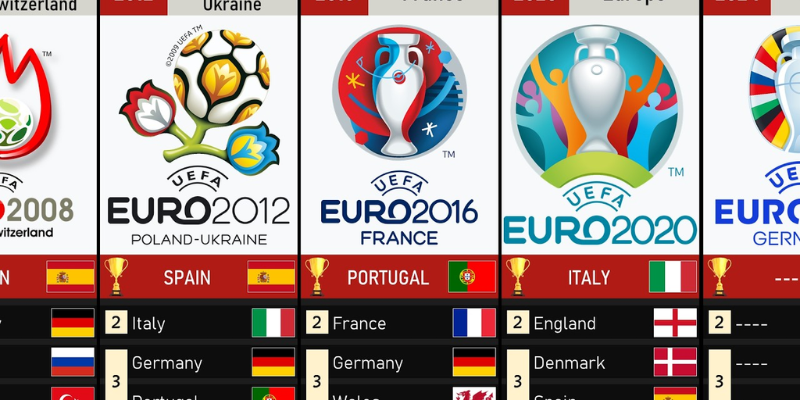
The idea of a European football championship did not emerge overnight. As early as 1927, French football administrator Henri Delaunay proposed the creation of a continental tournament. He believed Europe needed its own championship, just as South America had the Copa América. Unfortunately, due to political and logistical challenges, the plan was delayed for decades.
By the mid-1950s, after UEFA itself was established in 1954, the idea resurfaced with strength. In 1958, UEFA officially founded the competition, opening the way for national teams across Europe to battle for continental supremacy. It was named the European Nations’ Cup, honoring Delaunay, whose vision became reality.
The first tournament in 1960
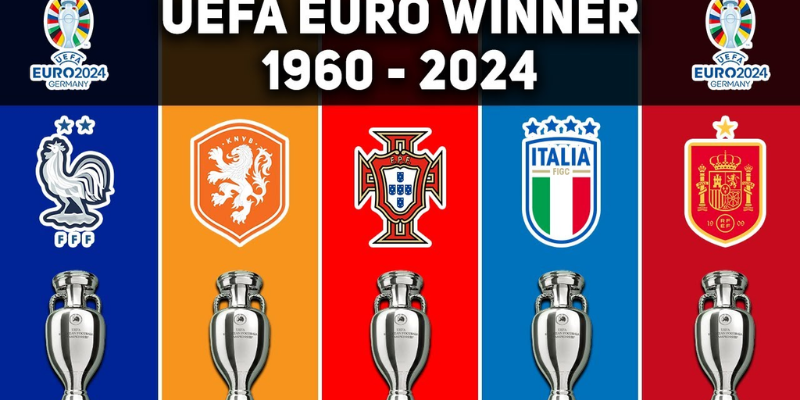
The inaugural competition took place in 1960, with just 17 teams entering the qualification stage. The final tournament, hosted in France, featured four national teams: the Soviet Union, Yugoslavia, Czechoslovakia, and the host nation. The Soviet Union, led by legendary goalkee. This small-scale tournament marked the birth of what we now celebrate as UEFA Euro.
Evolution of the format
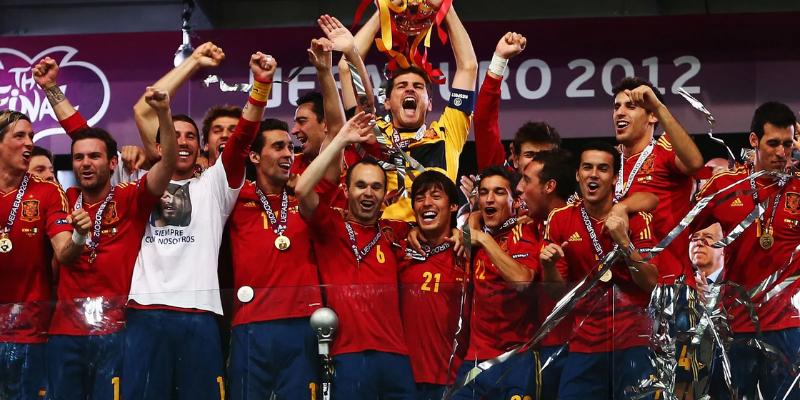
Over the decades, the format of the championship has continuously expanded to reflect the growth of European football.
- 1960–1976: Only four teams reached the final tournament. Matches were intense, but limited in exposure.
- 1980: The finals expanded to 8 teams, hosted in Italy, marking the beginning of larger-scale championships.
- 1996: UEFA Euro in England was the first to feature 16 teams and introduced the now-iconic “Euro” branding.
- 2016–present: The finals expanded again, now including 24 teams. This allowed smaller nations like Iceland, Wales, and North Macedonia to shine on the biggest stage.
This expansion not only increased competitiveness but also gave fans across the continent more opportunities to see their countries compete at the highest level.
Memorable moments in Euro history
UEFA Euro has gifted football with some of the sport’s most legendary moments. Let’s recall a few highlights:
- Panenka’s penalty (1976): Antonín Panenka’s audacious chipped penalty gave Czechoslovakia victory over West Germany, creating a footballing icon.
- Denmark 1992: Called up as a late replacement, Denmark shocked the world by beating Germany in the final to become unlikely champions.
- Greece 2004: Against all odds, Greece stunned Europe by defeating hosts Portugal in Lisbon with an organized, disciplined performance.
- Spain 2008 & 2012: Spain dominated world football with back-to-back Euro triumphs, built on tiki-taka brilliance.
- Portugal 2016: Cristiano Ronaldo lifted his first major international trophy despite being injured in the final, inspiring his team.
- Italy 2021: Italy, unbeaten and full of flair, defeated England at Wembley in a dramatic penalty shootout.
Key statistics and records
Since its creation, the Euros have produced fascinating records and milestones:
- Most titles: Germany and Spain share the record with 3 titles each.
- Most appearances in finals: Germany has reached the final 6 times.
- Top scorer in a single tournament: Michel Platini scored 9 goals in Euro 1984.
- All-time top scorers: Cristiano Ronaldo leads the charts with 14 goals across multiple tournaments.
- Youngest goalscorer: Johan Vonlanthen of Switzerland scored at 18 years and 141 days in Euro 2004.
- Oldest goalscorer: Ivica Vastić of Austria netted at 38 years and 257 days in Euro 2008.
These statistics highlight how the championship has constantly evolved while producing new heroes for each generation.
The cultural impact of the Euros
Beyond the statistics and winners, the European Championship has become a cultural festival. Host nations see their stadiums, cities, and fan zones come alive with flags, chants, and colors. For players, it is a career-defining stage. For fans, it’s a summer celebration of football, unity, and national pride. The tournament’s anthem, its trophy ceremonies, and unforgettable upsets have become part of European identity itself.
Why UEFA Euro remains special
While the FIFA World Cup is the global stage, the Euros often rival it in terms of intensity and quality. Many argue that winning the European Championship is just as hard, if not harder, because of the density of world-class teams in Europe. Unlike continental competitions in other regions, nearly every match in the Euros feels like a heavyweight battle, creating an unmatched footballing spectacle.
Conclusion
So, when was UEFA Euro founded? Officially, UEFA approved the tournament in 1958, and the first edition was played in 1960. Since then, it has grown into one of the most prestigious and beloved competitions in world football. Today, it not only crowns champions but also writes new chapters in the sport’s history with every edition. At CanLinkCup, we will continue bringing you the latest updates, biographies, and statistics to keep your football passion alive. Stay tuned, and never miss a moment of the magic that is the UEFA European Championship.

